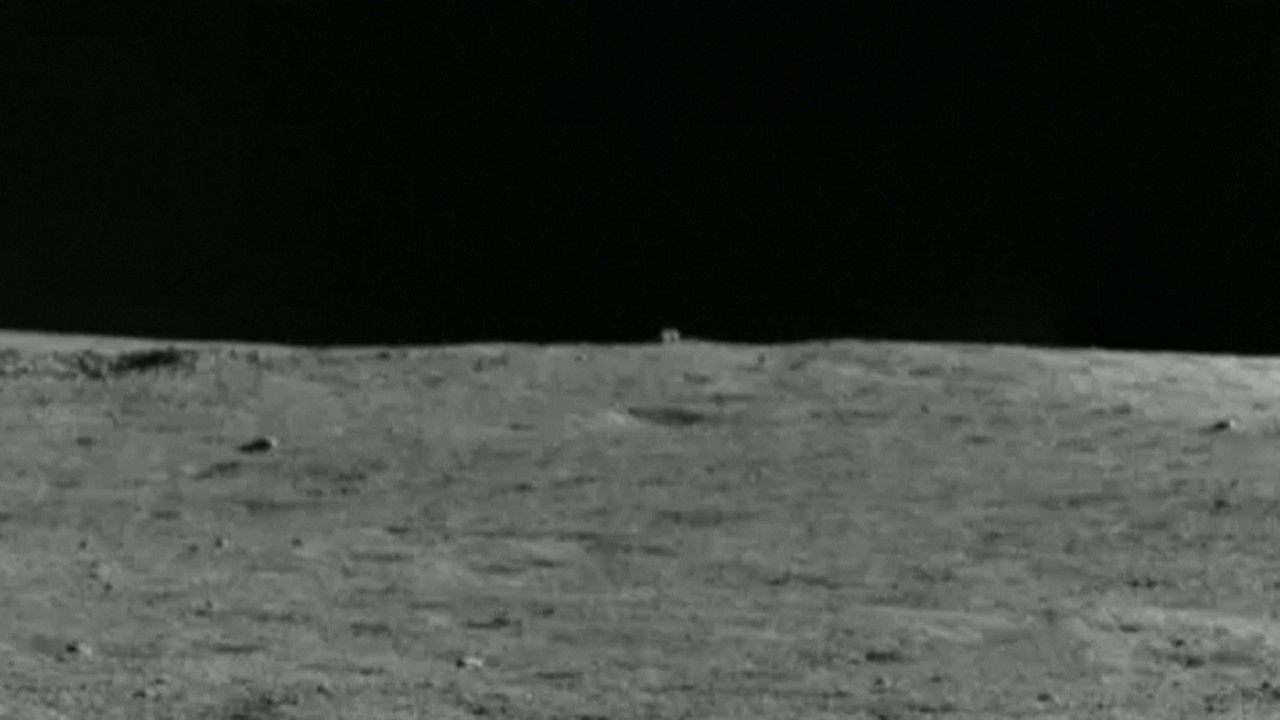China, Russia set to renew cooperation deal as space rivalry with US escalates
- They plan to build an international lunar research station, seen as a response to the US-led Artemis programme
- The two countries have been moving closer in space exploration and are also set to integrate their satellite networks, China’s BeiDou and Russia’s Glonass

Under the new deal, which is to come into effect in 2023 after the current agreement ends next year, the two sides plan to jointly build an international lunar research station by 2035.
Earlier this week, Wu Yanhua, deputy director of the China National Space Administration (CNSA), told state broadcaster CCTV that the country would carry out three further missions to the moon in the next 10 years, including the Chang’e 8 moon landing mission, which aims to set up a lunar research station by around 2027.
If achieved, that would establish the research base eight years before the deal with Russia proposes to do so.
In addition, in 2022, ground-monitoring stations are to be placed in both China and Russia as they integrate their respective satellite networks, China’s BeiDou and Russia’s Glonass, Chinese nationalistic tabloid Global Times reported.
The plans were revealed at a time when China and Russia are moving closer in many areas, including space exploration. Respectively an established space power and a well-resourced latecomer, Russia and China have drawn up ambitious plans for missions that could compete with the US and its allies.

